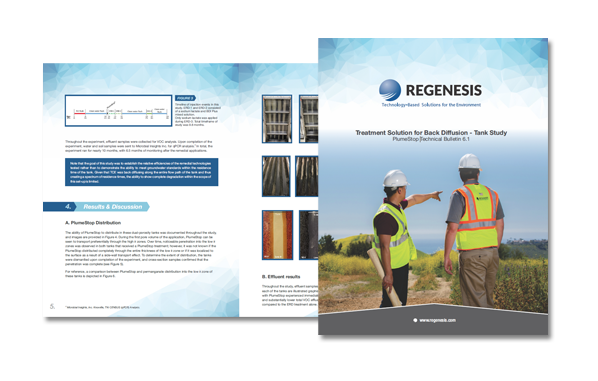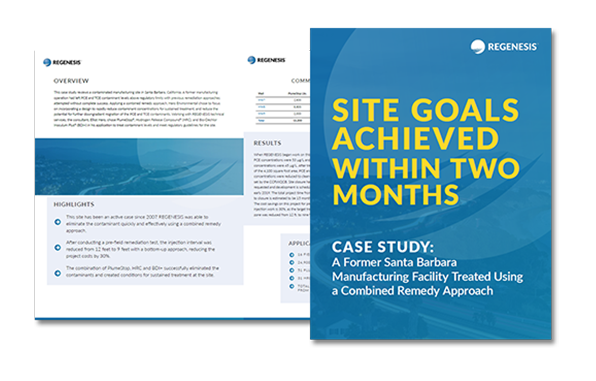





PlumeStop® Liquid Activated Carbon™
Proven, Fast & Cost-Effective
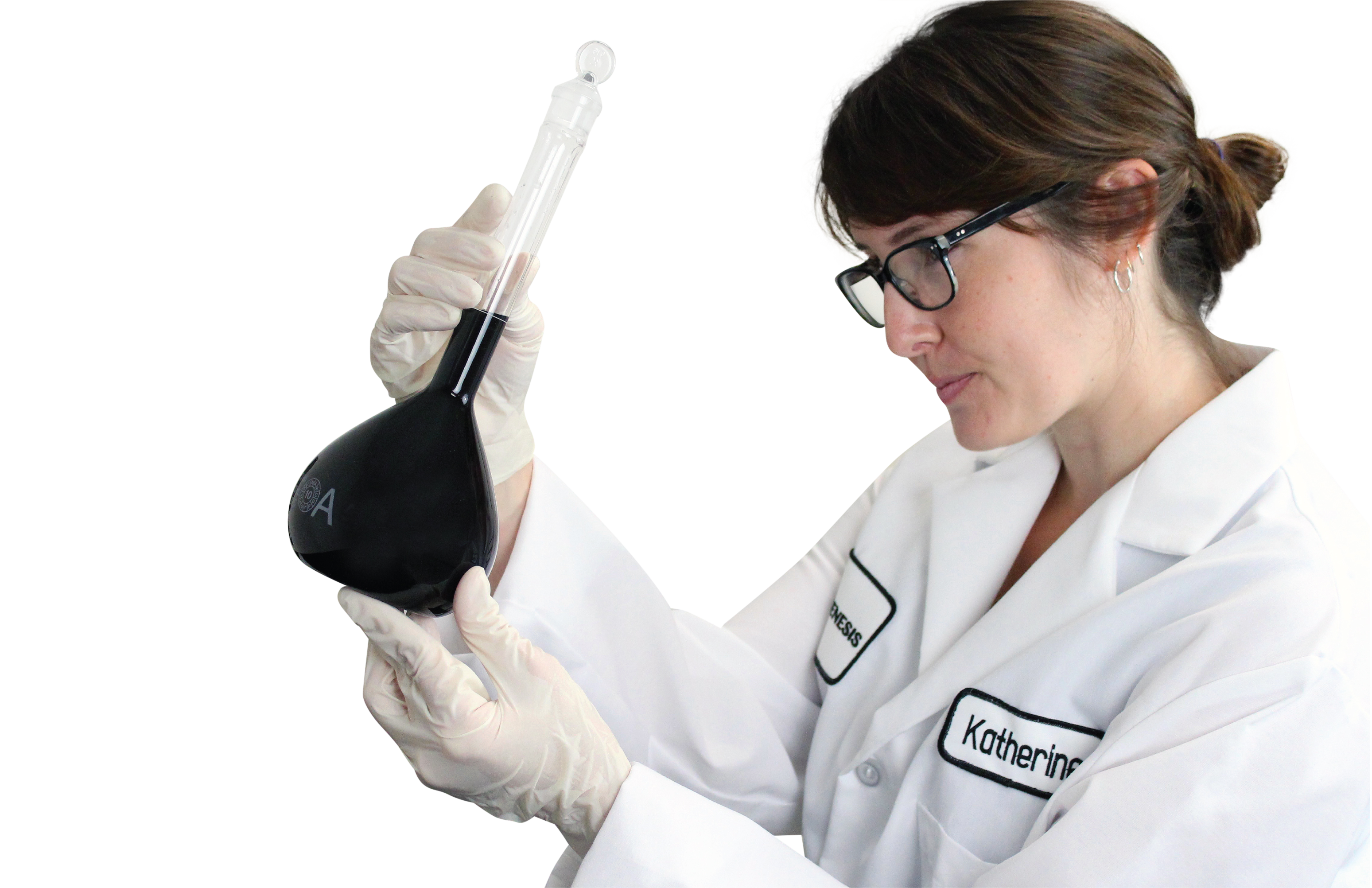
RESOURCES
The Four PlumeStop Treatment Mechanisms
Dispersion, Sorption, Biodegradation and Regeneration
Dispersion within the Subsurface
PlumeStop is a liquid activated carbon™ material which consists of a very fine suspension of charged particles which resists clumping and has a water-like viscosity. As a result, PlumeStop is easily applied into the subsurface through gravity-feed or low-pressure injection.

Rapid Sorption of Dissolved-Phase Contaminants
Upon reagent injection, target contaminants partition out of the aqueous phase and sorb onto the liquid activated carbon™ matrix, thereby removing mobile contaminants from the immediate risk pathway. Concentration of the contaminants in this manner, in a matrix conducive to degrader colonization and activity, results in a direct increase in efficiency of contaminant destruction.

Biodegradation of Contaminants within the Matrix
Once in place and with contaminants partitioned onto its surface, PlumeStop is colonized by contaminant-degrading bacteria.

Regeneration of Sorption Sites for Long-Term Treatment
Enhanced biodegradation of contaminants within the biomatrix regenerates or frees up sorption sites allowing contaminants to further partition out of the groundwater. This allows a single application of PlumeStop to remain functional for an extended/ indefinite period of time.
To get more details on this topic read Technical Bulletin 1.1 Distribution through a Permeable Medium
To get more details on this topic read the technical bulletins 2.1 Sorption of Contaminants from Solution – Terms & Principles and 2.2 Sorption of Contaminants from Solution – Column Study
To get more details on this topic read Technical Bulletin 3.1 Post Sorption Contaminant Biodegradation and Laboratory and Field Results Documenting The Biodegradation of Contaminants From Colloidal Activated Carbon (CAC)
To get more details on this topic read Technical Bulletin 4.1 Regeneration of Sorptive Capacity
Interested in learning more about PFAS treatment?
Treat Back-Diffusing, Low-Concentration Plumes
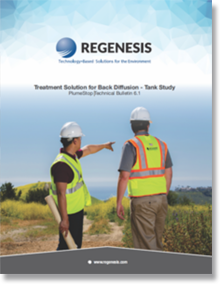 PlumeStop technology can be applied to inhibit spreading of contaminant plumes, to protect sensitive receptors, or to prevent contaminant migration across property boundaries. It is also effective tool for control and treatment of groundwater contamination associated with low-permeability porous formations and matrix back-diffusion, promoting diffusion out of the immobile porosity while preventing groundwater impact, and for treating sites with very low contaminant concentrations.
PlumeStop technology can be applied to inhibit spreading of contaminant plumes, to protect sensitive receptors, or to prevent contaminant migration across property boundaries. It is also effective tool for control and treatment of groundwater contamination associated with low-permeability porous formations and matrix back-diffusion, promoting diffusion out of the immobile porosity while preventing groundwater impact, and for treating sites with very low contaminant concentrations.
Want to learn more about back diffusion? Download the Tech Bulletin here:
Interested in learning more about contaminant back diffusion?
Research Article: Breakthrough Treatment for PFAS
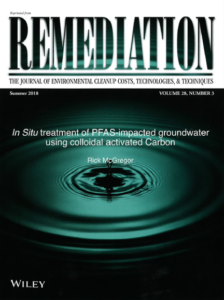 This article published in Wiley’s Remediation Journal reviews a site impacted with petroleum hydrocarbons, perfluorooctane sulfonate (PFOS), perfluorooctanoic acid (PFOA), and other perfluoroalkyl sulfonates (PFAS). A single application of PlumeStop resulted in a significant reduction of contaminant concentrations to below standards for 18+ months since the injection. Modeling indicates that the PlumeStop application event should keep the PFAS contained within the source area for upwards of 100 years. Details of the remedial design approach are provided along with results of its implementation.
This article published in Wiley’s Remediation Journal reviews a site impacted with petroleum hydrocarbons, perfluorooctane sulfonate (PFOS), perfluorooctanoic acid (PFOA), and other perfluoroalkyl sulfonates (PFAS). A single application of PlumeStop resulted in a significant reduction of contaminant concentrations to below standards for 18+ months since the injection. Modeling indicates that the PlumeStop application event should keep the PFAS contained within the source area for upwards of 100 years. Details of the remedial design approach are provided along with results of its implementation.
Evaluating the Longevity of a PFAS In Situ Colloidal Activated Carbon Remedy
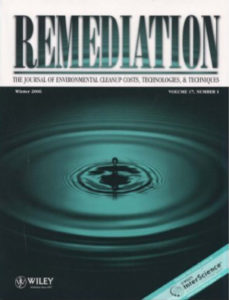 This article published in Wiley’s Remediation Journal uses various visualization and modeling methods to evaluate the in-situ remediation of PFAS via colloidal activated carbon (CAC) at a site in Central Canada. A three-dimensional reactive transport model (ISR-MT3DMS) was used to indicate that the CAC remedy implemented at the site is likely to be effective for PFOS remediation for decades. The research article concludes that due to the relatively low cost to implement the CAC, and the ability to adapt the remedy in the future, this remediation approach may be viable at other PFAS sites.
This article published in Wiley’s Remediation Journal uses various visualization and modeling methods to evaluate the in-situ remediation of PFAS via colloidal activated carbon (CAC) at a site in Central Canada. A three-dimensional reactive transport model (ISR-MT3DMS) was used to indicate that the CAC remedy implemented at the site is likely to be effective for PFOS remediation for decades. The research article concludes that due to the relatively low cost to implement the CAC, and the ability to adapt the remedy in the future, this remediation approach may be viable at other PFAS sites.
Effective In Treating a Wide Range of Contaminants
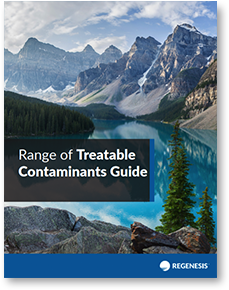 PlumeStop is effective on most organic groundwater contaminants including hydrocarbons, halogenated compounds, and a wide variety of volatile organic compounds (VOCs) and semi-volatile organic compounds (SVOCs). It is also effective in treating a range of PFAS contaminants (PFOA/PFOS).
PlumeStop is effective on most organic groundwater contaminants including hydrocarbons, halogenated compounds, and a wide variety of volatile organic compounds (VOCs) and semi-volatile organic compounds (SVOCs). It is also effective in treating a range of PFAS contaminants (PFOA/PFOS).
Typical Applications
– Liquid-based direct-push injection through hollow rods
– Liquid-based direct-placement into boreholes
– Liquid-based injections in conjunction with Oxygen Release Compound (ORC)to support enhanced aerobic biodegradation
– Liquid-based injections in conjunction with Hydrogen Release Compound (HRC)to support enhanced anaerobic biodegradation
FAQs about PlumeStop® Liquid Activated Carbon™
PlumeStop® Liquid Activated Carbon™ is a fast-acting groundwater remediation reagent which captures and biodegrades a range of contaminants. PlumeStop accomplishes treatment with the use of a highly dispersible, fast-acting, sorption-based technology which captures dissolved-phase contaminants within its matrix-like structure. Once contaminants are absorbed onto the regenerative matrix, biodegradation processes achieve complete remediation at an accelerated rate.
PlumeStop® is composed of very fine particles of activated carbon (>1-2µm) suspended in a proprietary colloidal fluid through the use of unique organic polymer dispersion chemistry. Once in the subsurface, the material behaves as a colloidal biomatrix binding to the aquifer matrix, removing contaminants from groundwater, and expediting permanent contaminant biodegradation. PlumeStop works in 4 phases: the first is dispersion within the subsurface, the second is rapid sorption of dissolved-phase contaminants, then biodegradation of contaminants within the matrix, and the final phase is regeneration of absorption sites for long-term treatment.
PlumeStop® is right for your project if you are trying to treat organic groundwater contaminants including hydrocarbons, halogenated compounds, a wide variety of volatile organic compounds (VOCs) and semi-volatile organic compounds (SVOCs). PlumeStop is also effective in treating a range of PFAS contaminants (PFOA/PFOS). PlumeStop can be applied to inhibit the spreading of contaminant plumes, to protect sensitive receptors, or to prevent contaminant migration across property boundaries.

 Americas
Americas Europe
Europe Français
Français Deutsch
Deutsch Italiano
Italiano Español
Español